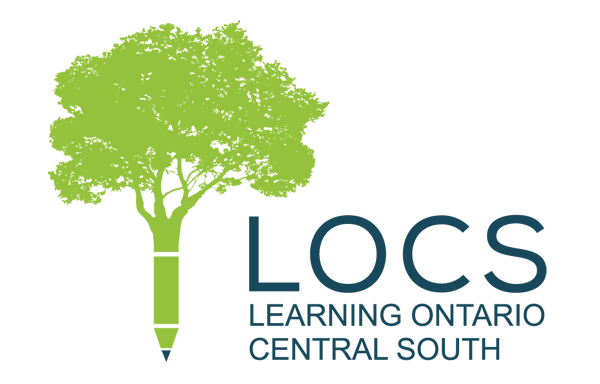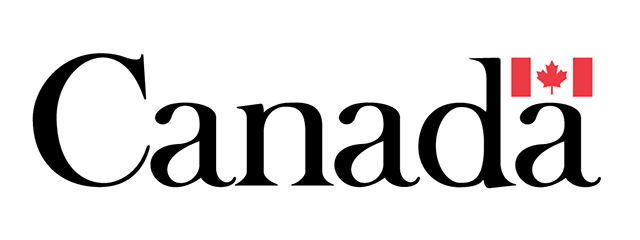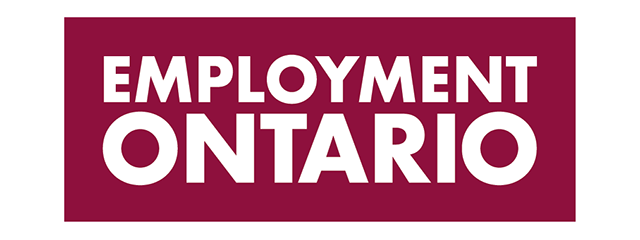The following is a list of COVID-19 related resources provided to LOCS by partners. Please email any resources you would like to share to:
A Guide To Pandemic Preparedness For Businesses – The Centre for Workforce Development
Post-Pandemic Business Resumption Checklist
Post-Pandemic Business Playbook
IHSA Guidance on in Class Training During COVID-19 PDF
How to Develop a Workplace Safety Plan
OCC Pandemic Preparedness Toolkit for COVID-19 PDF
Chamber Pandemic Preparedness Guide
WSPS Pandemic Preparedness Checklist PDF
WSPS Pandemic Recovery Return to Business Checklist PDF
Resources to Prevent COVID-19 in the Workplace
Resources for Learners, Practitioners and Parents – AlphaPlus
Video: Getting Back to Work – Health Canada
Conference Board Return to Work Survey Results
Interviews with a Lawyer: LinkedIn Videos
Every organization will have different needs and will be developing their own reopening policies and procedures and creating their own safety protocols and plans. However, sharing information can help identify best practices.
The following are not recommendations, only a summary of ideas gathered through community discussions.
Purchases: Purchasing Personal Protective Equipment (PPE) as a group to save costs. Search for local PPE suppliers. Supplies may include masks, face shields, desk and table shields, hand sanitizer, thermometers, gloves, directional arrows, and circles for the floor. Seek out funding for PPE if needed.
Onsite: Appointment only; one-to-one meetings only; existing clients only and/or one learner/client in the office at a time. Close waiting room or have one person in the waiting room at a time. Designated meeting rooms; meeting in group rooms not small offices; removing or limiting access to onsite computers. Provide information when scheduling appointments so people arrive with information about policies around length of stay, food/lunch, socializing, as well as the organization’s mask policy. This will help avoid surprises and disappointments. Mounting a TV or computer screen on the wall so two people can see the screen from a distance. Have a press release ready. Contact public health for more information.
Planning: Develop a screening checklist to use when scheduling an appointment and using the same checklist when people arrive for their appointment. Have a ‘sign in form’ with name, date and contact information in the event you need to reach people quickly. Role playing ‘visitors to the office’ as a team so issues can be addressed before the official opening. Develop scripts. Ensure everyone has information and forms so there is consistency. Have plans to address misunderstandings. Some organizations have accessed the services of a consultant to help develop and assess the re-opening plans and procedures.
Staffing: Opening in stages and setting rotating staff schedules. Mandatory masks in common areas. Surveying staff to identify personal needs and concerns.
Cleaning Protocols: Cleaning washrooms after each use; cleaning common areas; setting a cleaning schedule and posting a tracking form. Plan for the small details e.g. managing things like used pens or keyboards.



